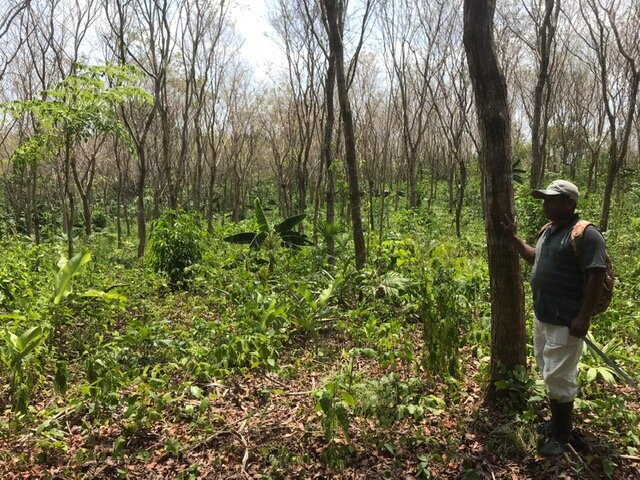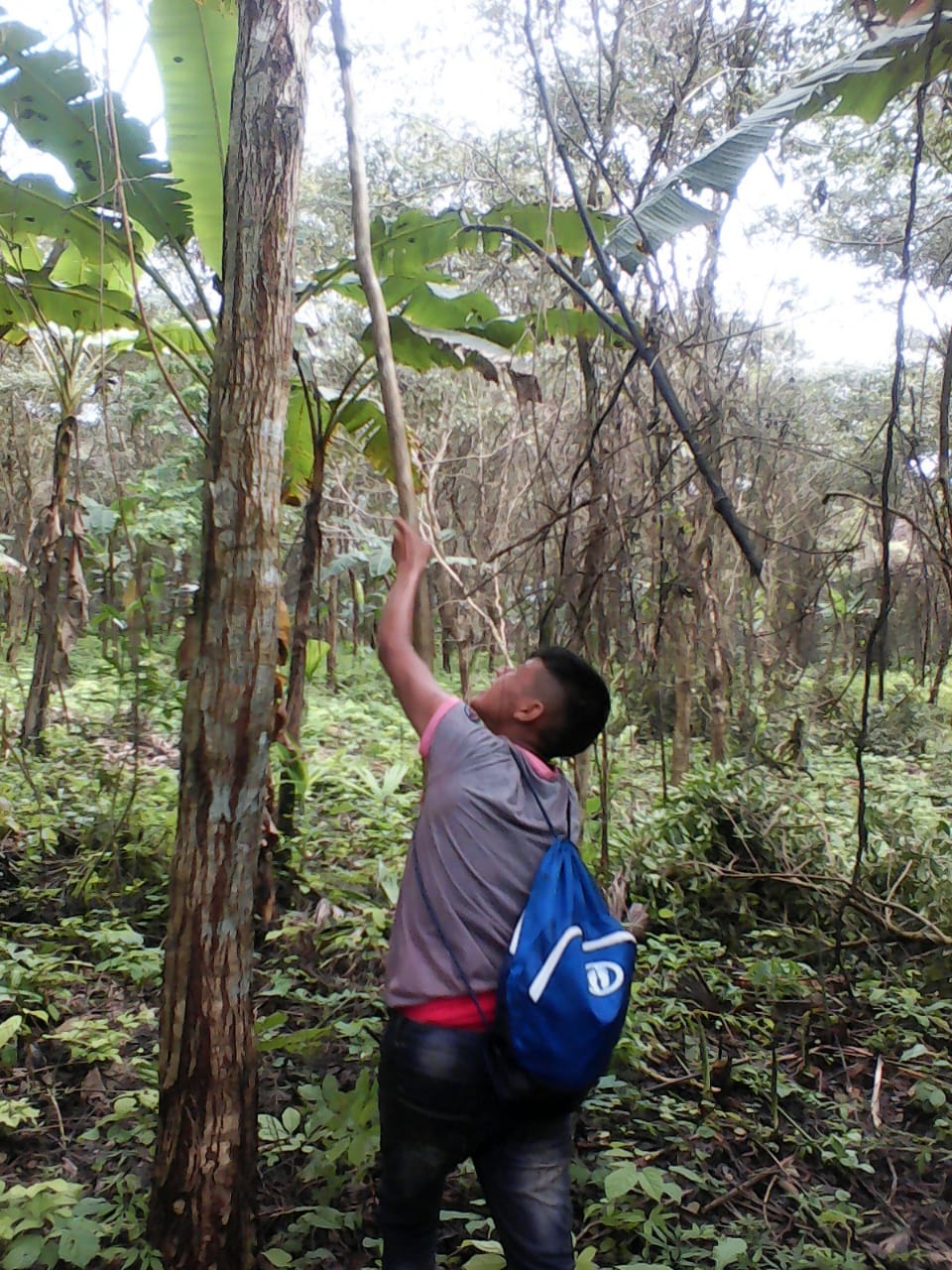Barron's Finds a Modern Day Money Tree
/Impact investors like to grumble that there aren’t enough investable deals available, so we were encouraged to read an article recently in Barron’s about EcoTrust, a forestry fund generating returns while managing for environmental impact.
Ecotrust, operating in the Pacific Northwest, plants mixed-species, polyculture stands rather than just one species. While their peers focus on cultivating douglas fir monocultures, Ecotrust purposefully thins their stands to encourage growth of red cedar, redwood, and spruce. We’re similar in our approach in that we plant 4-5 native tropical woods along with non-native teak.
Ecotrust is also taking advantage of ecosystem services payments such as conservation easements and some carbon credit sales. While the US has a significantly more advanced carbon market than Panama, we think in the next 20 years those markets will develop, enabling us to increase the return to our investors.
Finally, Ecotrust is focused on properties in economically distressed areas and high value conservation forests, and they receive certain tax credits and incentives for making investments in these areas. The Choco-Darien rainforest, where we work, is designated by Conservation International as a biodiversity hotspot. At the moment there are no incentives that recognize sustainable forestry in the area, but we are positioned better than our monoculture peers to access that “soft capital” if it becomes available.
It heartens us to see a pioneering forestry fund in the US receiving recognition in the mainstream financial media such as Barrons, and we hope that it leads more impact investors to see the financial and environmental potential of sustainable forestry.







